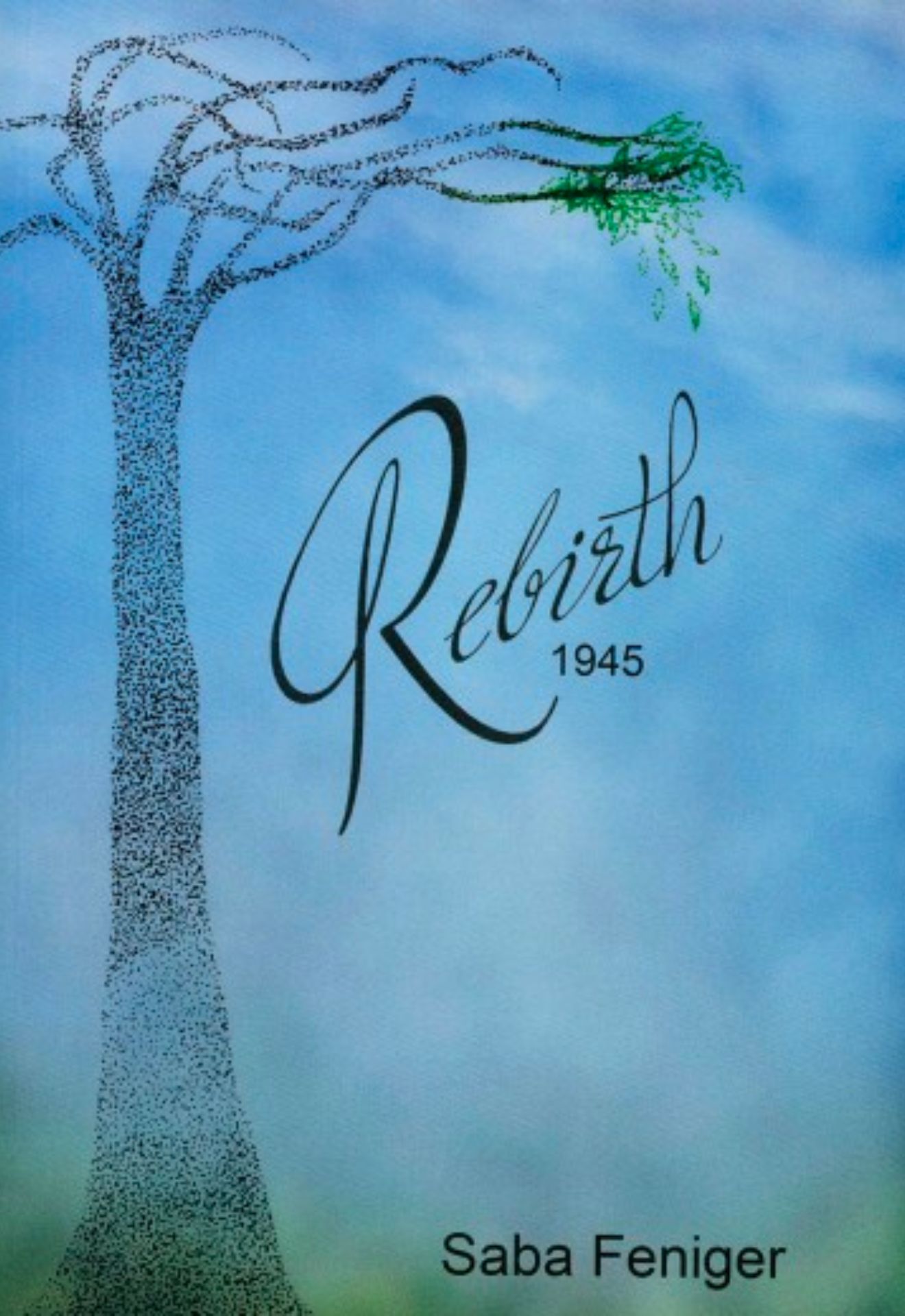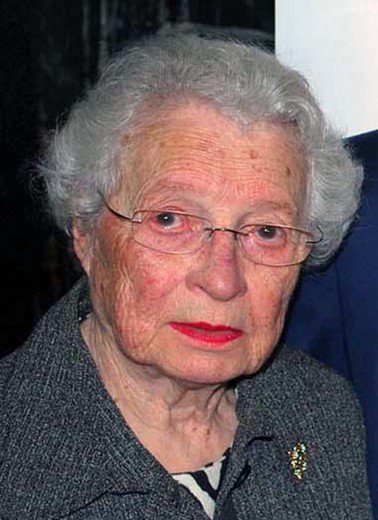-
01
-
02
-
03
-
04
-
05
Rebirth 1945
Saba FENIGER
About this book
Product details
Category
Autobiographical Fiction
Publisher
Book Publisher Name
Published
2015
ISBN
9780646939506
Country
Australia
Pages
209 pages
EXCERPT
"Everybody’s survival should be celebrated by beginning to live a ‘normal’ life again. And the sooner, the better.
The loneliness, loss of love, the lack of closeness to another human cannot be rationalised.
Getting on with living is a matter of urgency." - p160





